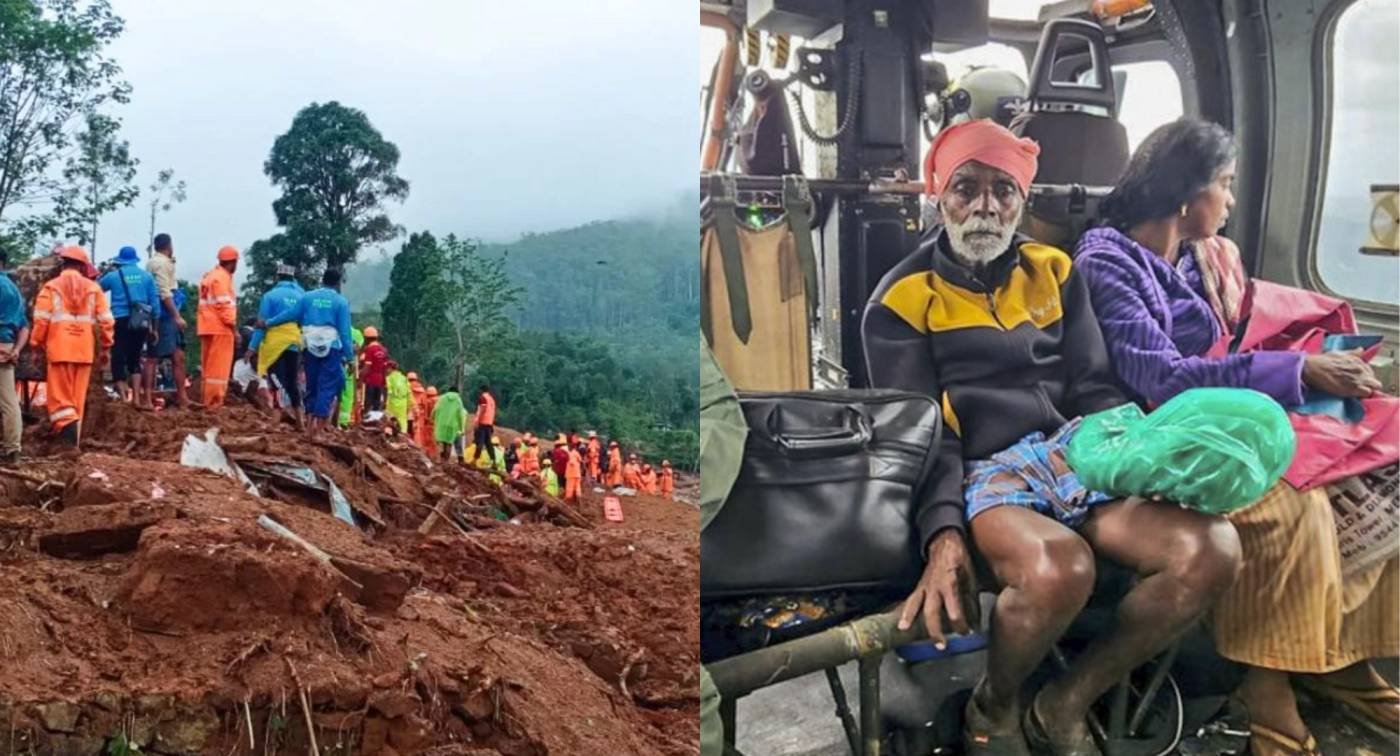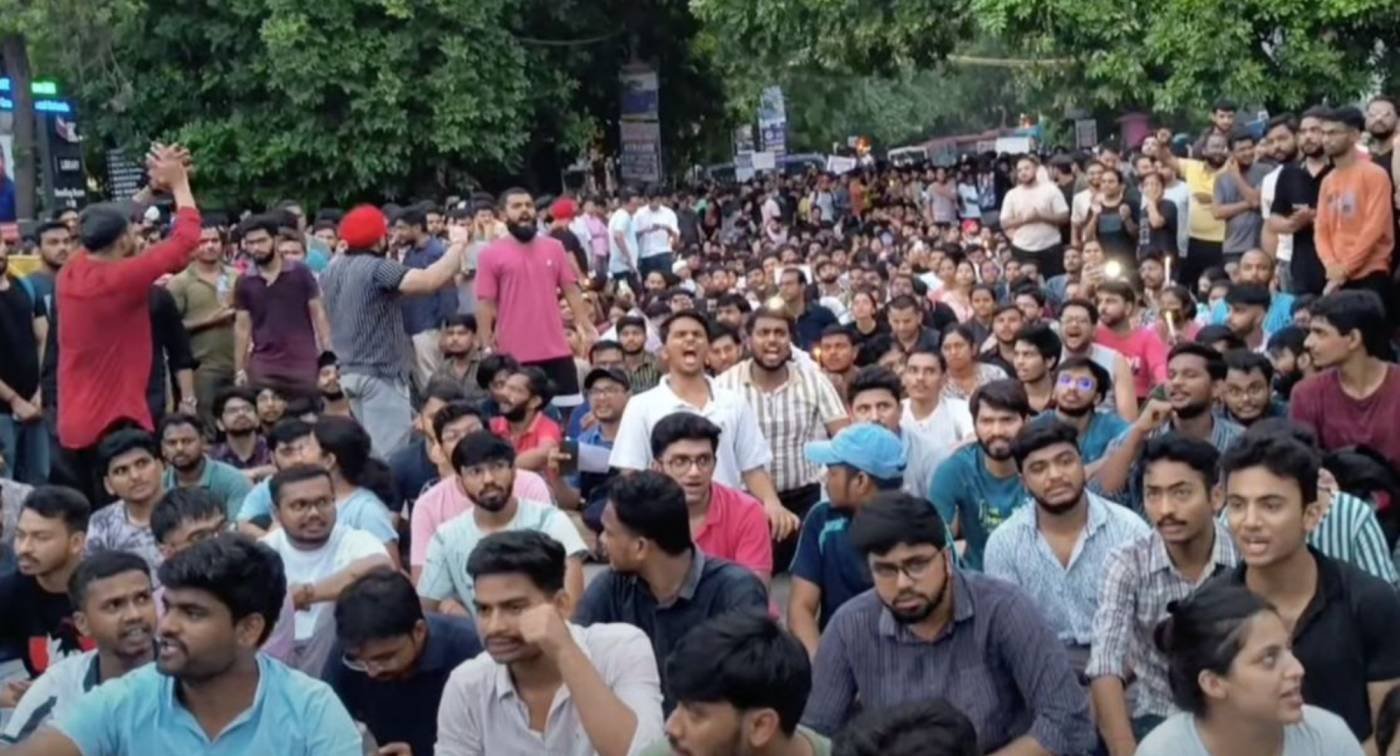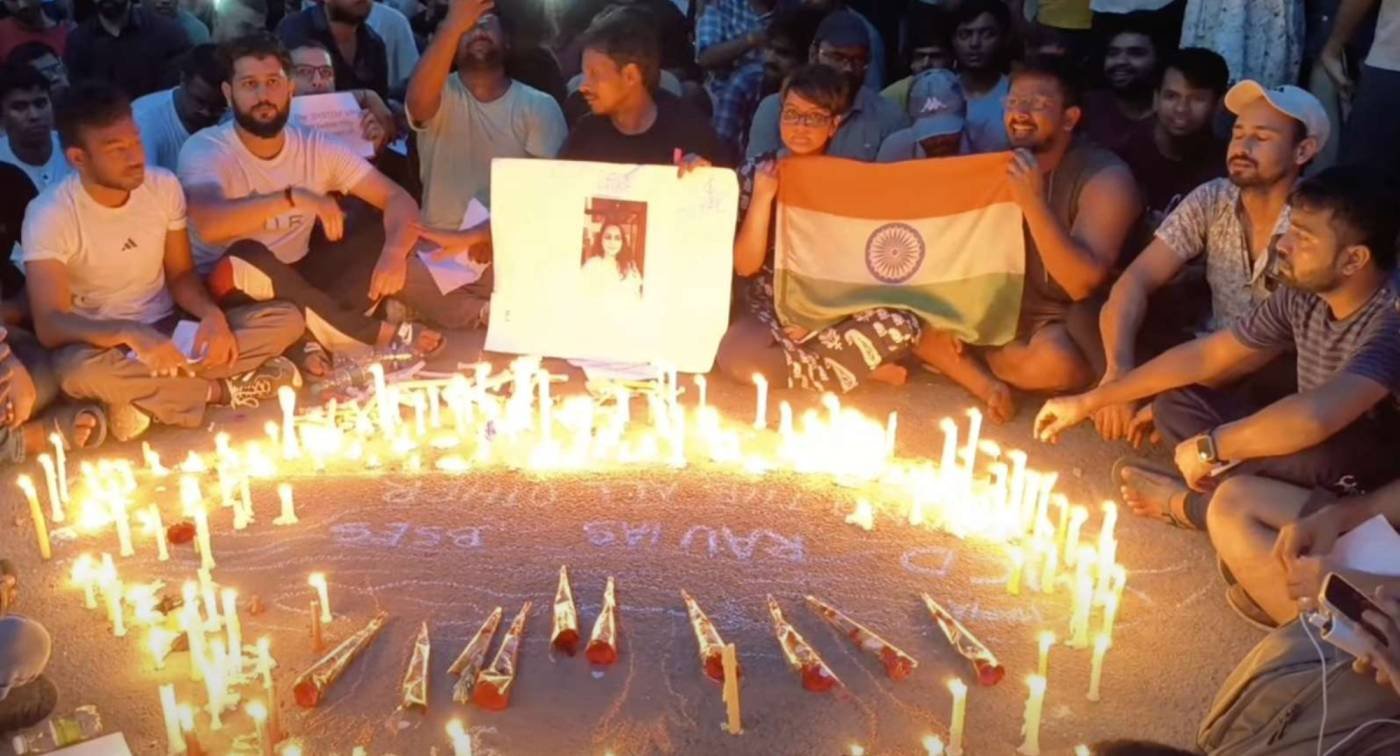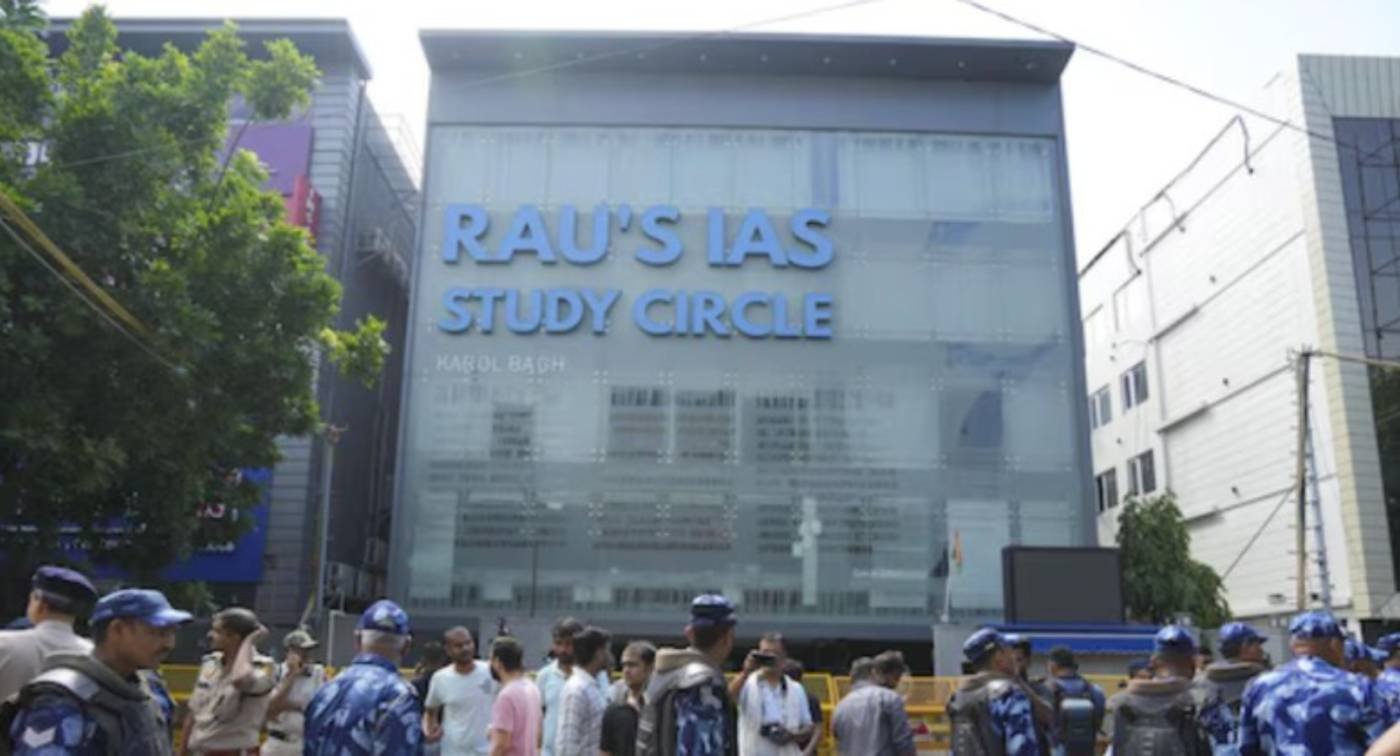Student Protests Continue Over Delhi UPSC Tragedy
In the aftermath of the devastating UPSC coaching centre tragedy in Old Rajinder Nagar, Delhi, student protests continue to escalate. The flooding incident, which resulted in the tragic deaths of three UPSC aspirants, has ignited widespread outrage and demands for justice. Students across Delhi are uniting in grief and anger, calling for accountability and immediate action to prevent such disasters in the future.
Details of the Incident
On the evening of July 27, 2024, heavy rains led to severe flooding in the basement of Rau’s IAS coaching centre. The basement, commonly used as a study area, quickly filled with water, trapping the students inside. Despite rescue efforts, three students – Shreya Yadav from Uttar Pradesh, Tanya Soni from Telangana, and Nivin Dalwin from Kerala – were unable to escape the rising waters and tragically lost their lives.
Eyewitnesses described the horror of the scene, with water levels rising rapidly and students scrambling to find a way out. One student, who narrowly escaped, recounted, “It all happened so fast. One moment we were studying, and the next, we were fighting for our lives.”
Escalating Student Protests
The grief-stricken student community has responded with a series of protests, demanding justice for the victims and significant reforms to ensure safety in coaching centres. The protests, characterized by candlelight vigils, emotional speeches, and powerful slogans, have drawn large crowds and widespread media attention.
Aman Kumar Yadav, an IAS aspirant and participant in the protests, voiced the collective anguish and determination of the students. “We are not just mourning the loss of our friends; we are demanding change. This tragedy must be a turning point. We cannot let their deaths be in vain,” he declared.
Government and Official Responses
The student protests have prompted swift responses from political leaders and government officials. Delhi Lieutenant Governor VK Saxena met with the protestors, assuring them that a thorough investigation is underway and promising stringent actions against those found responsible. “This tragedy is a stark reminder of the urgent need for safety reforms. We will not rest until justice is served,” Saxena stated.
AAP MP Swati Maliwal, addressing the demonstrators, called for immediate justice and systemic reforms. “This is more than a tragic accident; it’s a failure of our system. We must hold those in power accountable and ensure that such negligence is never repeated,” she said. Delhi BJP Chief Virendra Sachdeva echoed these sentiments, demanding a detailed inquiry and the implementation of strict safety regulations in coaching centres.
Safety and Accountability Demands
The protests have brought to light critical safety issues in coaching centres, particularly those operating in basements. Students are demanding comprehensive safety audits, strict adherence to building codes, and regular inspections to prevent future disasters. There is a strong call for immediate compensation for the victims’ families and severe penalties for those found negligent.
Bhoomi, another protestor, articulated the urgency of these demands. “We need proper safety measures in place. Biometric lock systems, emergency exits, and regular safety checks are not optional; they are essential. We cannot afford to lose more lives,” she asserted.
Impact on the Community
The tragedy and subsequent protests have deeply affected the local community and other coaching centres. Parents and students are now more vigilant, questioning the safety standards of their study environments. This incident has prompted many coaching centres to reassess their safety protocols and ensure compliance with regulations to avoid similar occurrences.
Recent Developments
Recent updates reveal that the protests have continued to grow, with support pouring in from various student organizations and civil society groups. The Delhi government has announced the formation of a high-level committee to investigate the incident and recommend reforms. Additionally, several coaching centres have voluntarily begun safety upgrades to reassure students and parents of their commitment to safety.
The National Human Rights Commission (NHRC) has also taken suo motu cognizance of the incident and issued notices to Delhi authorities, demanding a detailed report. The NHRC’s involvement underscores the gravity of the situation and the urgent need for accountability and reforms.
In response to the incident, the Municipal Corporation of Delhi (MCD) has taken action against negligent officials, terminating the services of a junior engineer and suspending an assistant engineer. The MCD has also launched a sealing drive, closing 20 coaching centre basements found to be in violation of building bylaws.
The Ministry of Home Affairs (MHA) has formed a committee to investigate the incident and submit a report within 30 days. This committee is expected to identify the causes of the tragedy, fix responsibility, and recommend measures to prevent similar incidents in the future.
The Delhi Police arrested the owner and coordinator of the coaching centre following the incident. They were taken to court from the Rajinder Nagar Police Station, where the investigation continues. This move has been seen as a step towards accountability, but students and their families are demanding more comprehensive measures to ensure such tragedies do not happen again.
Conclusion
The Delhi UPSC coaching centre tragedy has sparked a powerful movement among students, driven by a profound sense of loss and a resolute demand for justice. As investigations continue and authorities take action, the focus remains on ensuring accountability and implementing robust safety measures to protect students. The ongoing protests underscore the urgent need for systemic reforms and infrastructure upgrades to safeguard the lives of students in Delhi.
FAQs
1. What sparked the student protests in Delhi?
The student protests were sparked by the tragic flooding at Rau’s IAS coaching centre in Old Rajinder Nagar, Delhi, which resulted in the deaths of three UPSC aspirants.
2. What are the key demands of the protesting students?
The protesting students are demanding immediate compensation for the victims’ families, accountability from the authorities, comprehensive safety audits of coaching centres, and strict enforcement of safety regulations.
3. What actions have been taken by the Municipal Corporation of Delhi (MCD)?
In response to the incident, the MCD has sealed 20 coaching centre basements for violating building bylaws and has terminated a junior engineer’s services and suspended an assistant engineer.
4. What is the role of the Ministry of Home Affairs (MHA) in this incident?
The Ministry of Home Affairs (MHA) has formed a committee to investigate the incident and is expected to submit a detailed report within 30 days, identifying the causes of the tragedy and recommending preventive measures.
5. How has the National Human Rights Commission (NHRC) responded?
The NHRC has taken suo motu cognizance of the incident and issued notices to Delhi authorities, demanding a detailed report on the tragedy and the actions taken.
6. What has been the impact of the protests on local coaching centres?
The protests have prompted many coaching centres to reassess their safety protocols and begin safety upgrades to reassure students and parents of their commitment to safety.
7. Who were the victims of the flooding incident?
The victims were Shreya Yadav from Uttar Pradesh, Tanya Soni from Telangana, and Nivin Dalwin from Kerala.
8. What did Delhi Lieutenant Governor VK Saxena say about the incident?
Delhi Lieutenant Governor VK Saxena assured the protesting students that a thorough investigation is underway and promised stringent actions against those found responsible.
9. What is the reaction from political leaders to the incident?
Political leaders, including AAP MP Swati Maliwal and Delhi BJP Chief Virendra Sachdeva, have called for immediate justice, systemic reforms, and accountability from the authorities.
10. How have student organizations and civil society groups responded?
Various student organizations and civil society groups have shown support for the protests, highlighting the urgent need for safety reforms and accountability in coaching centres.





